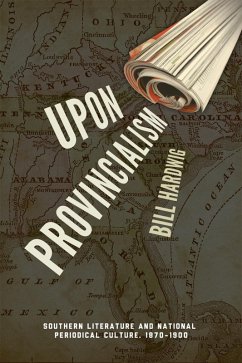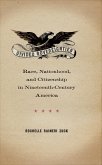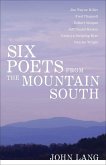Drawing on tourist literature, travelogues, and local-color fiction about the South, Bill Hardwig tracks the ways in which the nation's leading interdisciplinary periodicals, especially the Atlantic Monthly, Harper's, and the Century, translated and broadcast the predominant narratives about the late-nineteenth-century South. In many ways, he attests, the national representation of the South was controlled more firmly by periodical editors working in the Northeast, such as William Dean Howells, Thomas Bailey Aldrich, and Richard Watson Gilder, than by writers living in and writing about the region. Fears about national unity, immigration, industrialization, and racial dynamics in the South could be explored through the safe and displaced realm of a regional literature that was often seen as mere entertainment or as a picturesque depiction of quaint rural life. The author examines in depth the short work of George Washington Cable, Charles Chesnutt, Alice Dunbar-Nelson, Lafcadio Hearn, Mary Noailles Murfree, and Thomas Nelson Page in the context of the larger periodical investment in the South. Arguing that this local-color fiction calls into question some of the lines of demarcation within U.S. and southern literary and cultural studies, especially those offered by identity-based models, Hardwig returns these writers to the dynamic cultural exchanges within local-color fiction from which they initially emerged.
Dieser Download kann aus rechtlichen Gründen nur mit Rechnungsadresse in A, D ausgeliefert werden.









